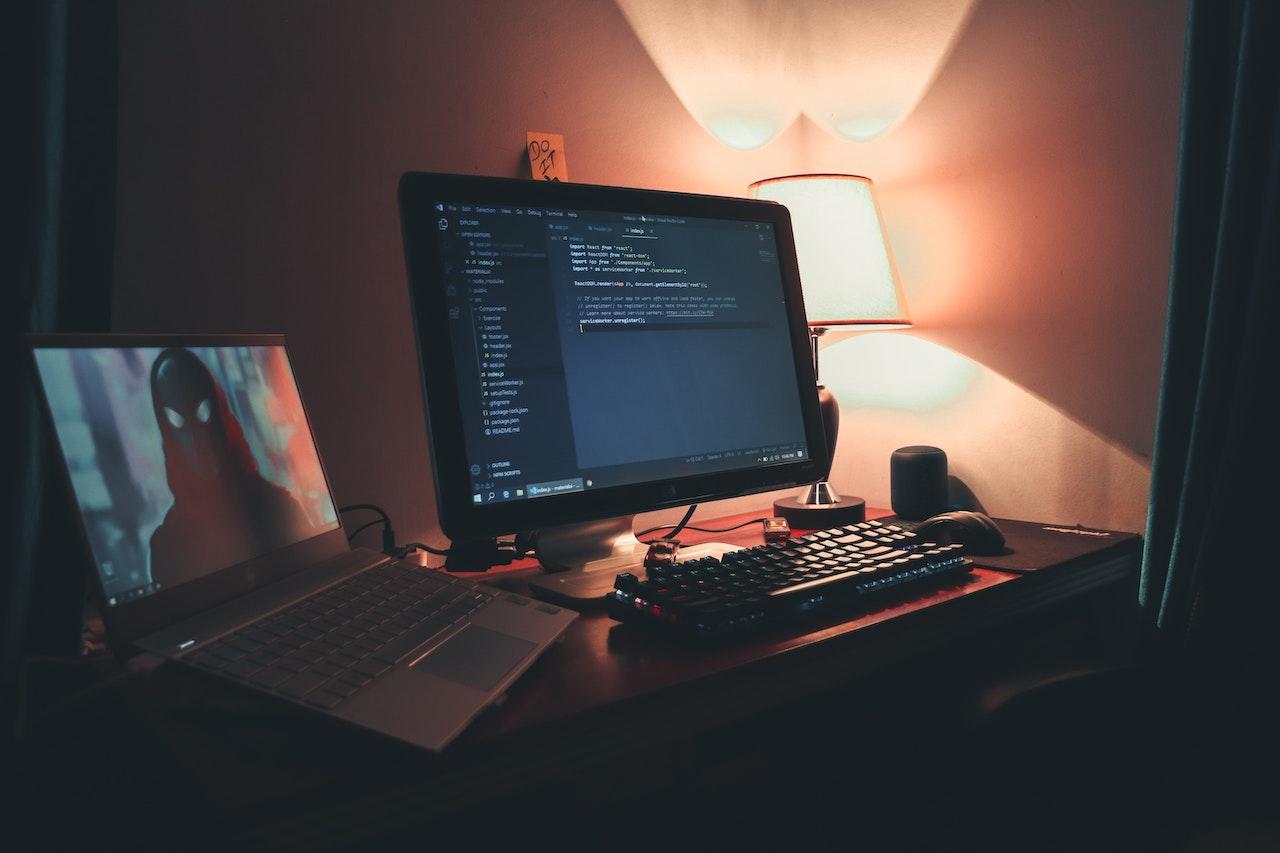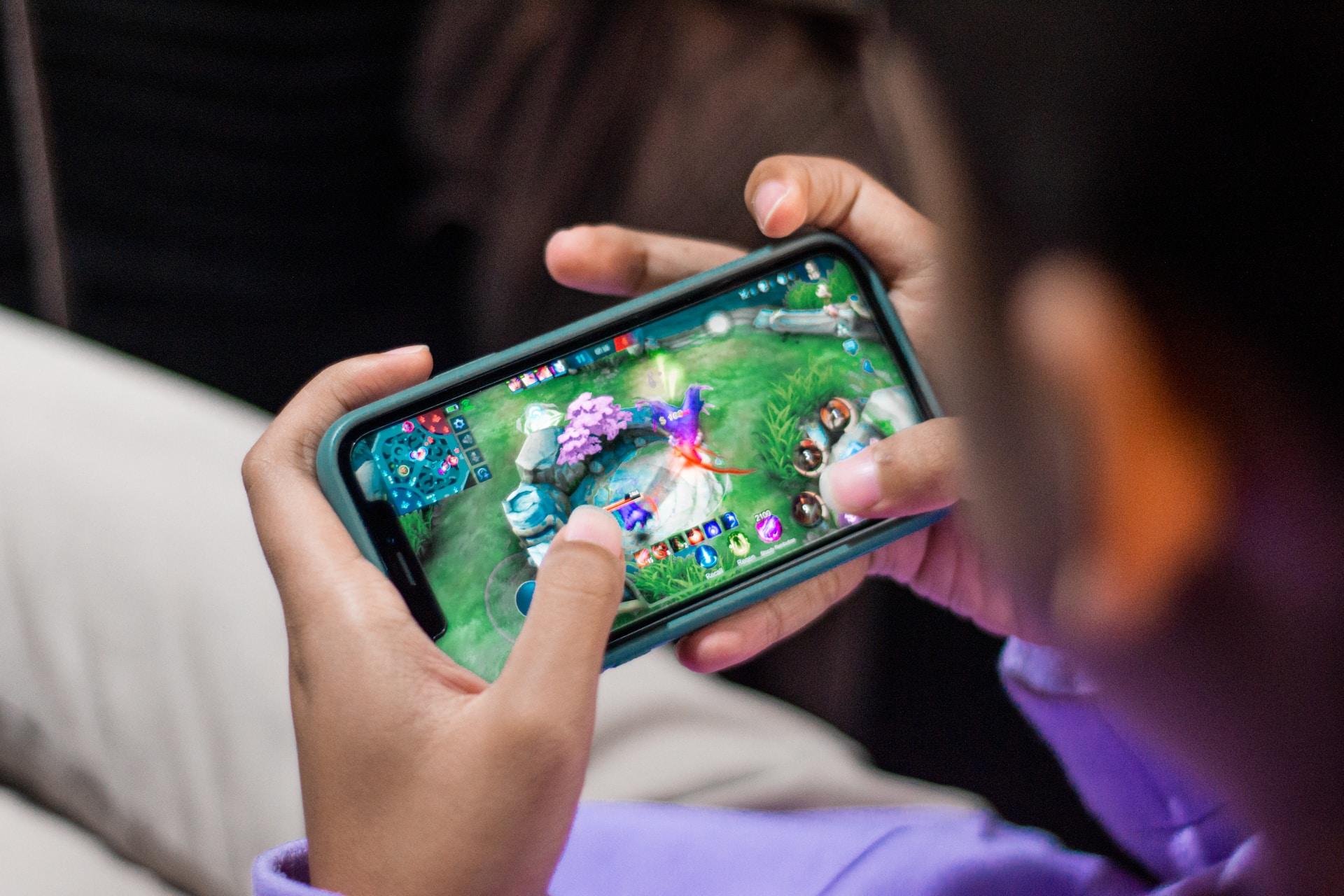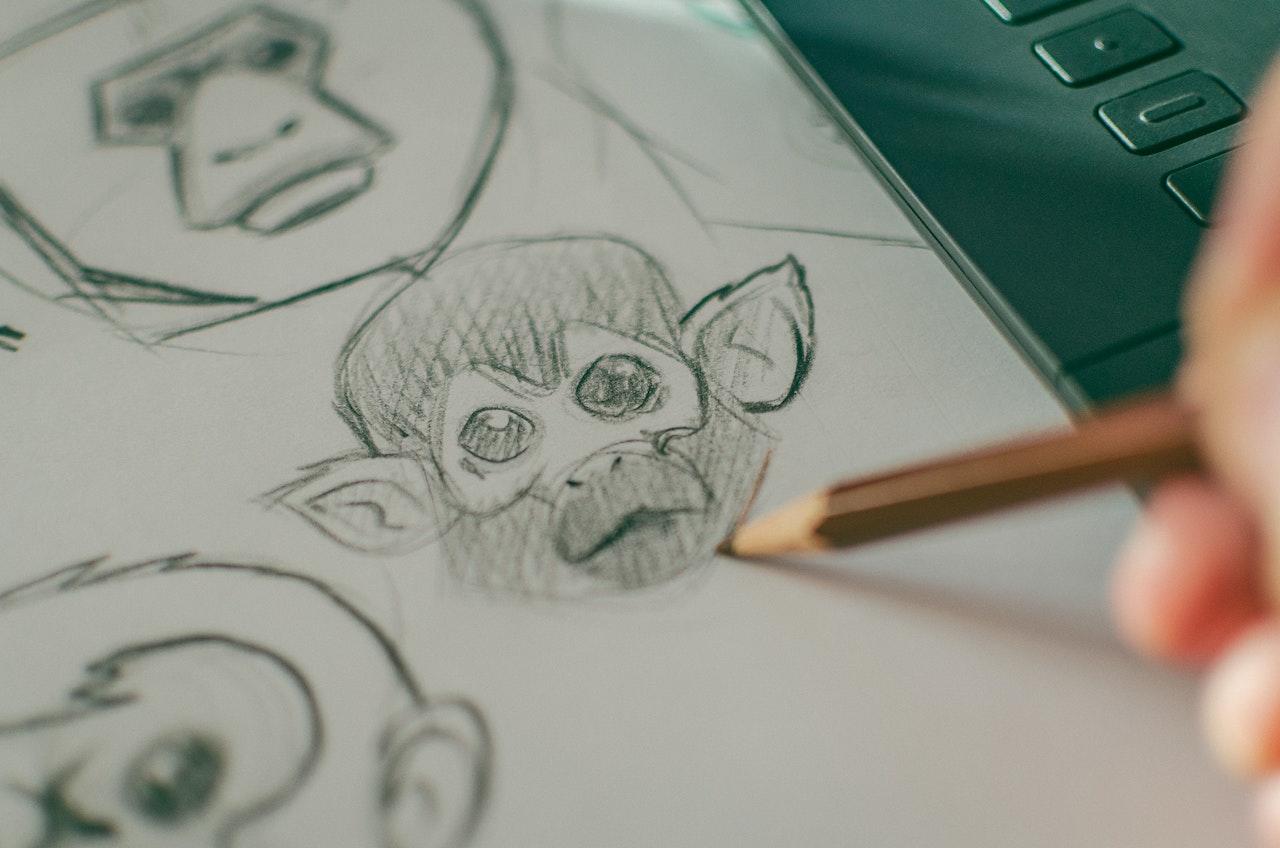Video game development is an ever-expanding sector of the video game industry. With all the new tech and trends taking place on established platforms, new game developers will be in demand in the near future as game companies want fresh ideas to keep up.
Many accomplished video game developers are self-taught. What matters more than your formal education credentials is your body of work; that’s why your portfolio is so important.
The video game design industry is one of the few places where you can be entirely self-taught and be very successful. If it’s something you’re passionate about, take advantage of that!
You’ll need to have the discipline and the drive to work on your own, but you will save yourself a lot of time and money versus attending a formal program.

What To Expect in the Game Development Role
Video game developers take video game designers' ideas and make them a reality. You are the person who can turn ideas into reality by taking drawings and concepts and making them into a real game!
Game developers use code and game engines to build the game world from top to bottom, inside out. Everything that happens on screen when a player is using the game is the result of the code programmed in by the developers.
Some of the things that a developer needs to take into account and be responsible for in a video game are:
- The usability of the interfaces, menus, inventories, etc
- The intuitiveness and explanation of the controls
- The physics of the game world
- The integration of music and sound effects
- The game mechanics
- How do characters or players interact with the game world
- Programming the artificial intelligence of NPCs
- Work within the budget and capabilities of the project and the development tools being used
Some game developers also test play for bugs, glitches, and inconsistencies.
Design & Development Overlap
A lot of what a game designer and a game developer do are similar, so it’s important to note that these positions have a lot of overlap.
The designers need to keep in mind the limitations of the development and programming tools. The developers need to understand the artistic visions and reasons behind why something needs to be programmed a certain way.
These two departments often work closely together since they are both required to create a fun, exciting, successful game.
Because of this, having an understanding of video game art is essential for a game developer.
Developer Responsibilities
Game developers are responsible for certain aspects of the video game-building process. They do not only take orders and write code; there is more nuance to their jobs than that.
Some responsibilities listed on job posts for video game developers include:
- Writing clean and efficient code with materials given
- Producing prototypes of gameplay ideas and features
- Develop schedules for the game-building teams
- Generate scripts and storyboards
- Animate objects and characters
- Assist in designing visual and audio aspects of the game
- Create tests and validation procedures for quality control
- Identify and fix bugs and glitches
- Evaluate and improve existing games
- Polish and finish a game
Without game developers, there is no game, so it’s an extremely important position within a games company. And that means that your skills need to be top-notch because all the projects hinge on you and your team’s ability to bring ideas to life.

Resources to Learn Video Game Development
Now that you have an idea of what you need to learn, the next question is: how?
Thankfully there are more resources than you can shake a stick at online.
YouTube is always a great place to start. Find video game developers and check out the wealth of information they no doubt have available for you to watch!
Some popular game development YouTubers include:
- Game Maker’s Toolkit
- GDC
- Snoman Gaming
- New Frame Plus
- The Cherno
- Dani
- Brackeys
- Sam Hogan
- Jabrils
- Sykoo
- Ask Gamedev
- Uncle Bob
Another way to learn for free online is to check out game development blogs for tutorials, ideas, tips and tricks, and more.
Some of the best blogs include:
- Unity Technologies Blog
- Unity Coding
- GameDevBlog
- GameFromScratch.com
- 80 Level
- Game Developer
- 2dgameartguru
- Ralph’s Website
- DESIGNER NOTES
- Blobs in Games
- The Psychology of Video Games
- Game Wisdom
Other great resources that other self-taught programmers and developers like to use are forums, communities, and books such as:
- StackOverflow
- Conference videos
- Podcasts
- Quora
- Discord
- Facebook groups
- Meetup.com
- Local games and hobby shops
- Introduction to Algorithms by Thomas H. Cormen, Charles E. Leiserson, Ronald L. Rivest and Clifford Stein
- Game Engine Architecture by Jason Gregory
- Whitepapers
If you get stuck, need help, or want to learn a specific concept that you just aren’t understanding, you can always find a game design tutor or a game development tutor to show you the way.
How to Start Learning Game Development on Your Own
The actual process of learning game design is long and takes time, but you’ll find that it’s rather straightforward to gather all the basic skills required.
1. Learn How to Problem Solve with Mods
The very first easy step you can take is to try to create mods for games you already know and love. For example, some Minecraft enthusiast children are already learning how to enter the code for the game, read the code, find a place where new code can be inserted, look up information about how to mod online, and enter the code themselves.
2. Learn Programming Language
The most popular programming languages are C#, C++, Python, JavaScript, Java, and Lua.
You’ll want to learn most about the code that your game engine of choice uses. If code is more important to you than the engine, choose the engine that uses your preferred code.
3. Learn a Little About a Game Engine
Watch tutorials about a game engine of your choice (you only need to stick to one to start with). Get familiar with the menus and controls. You’ll learn more about specifics as you start to build something and need to look up how to do specific tasks and processes.
Unity uses C#. Unreal Engine uses C++.

4. Make Some Samples
Try to make a copy of an existing, simple game, like Flappy Bird. Mobile games tend to be much more simple than games on other consoles, so try to stick to short and easy mobile games to start with.
Try to make 4 or 5 mini-games before you take on the bigger task of making up a new game from scratch.
Learn how to launch the game to your phone or a webpage. If you want to release the game on an app store, you certainly can, but it’s not necessary.
5. Borrow Code to Learn It
When you’re just starting out, chances are you’ll run into code written by other, more advanced developers and you’ll have no idea how it works. If you want to use it for your practice games, go ahead, and maybe you’ll figure out how it works by using it yourself. When you're learning from scratch, it's ok to use other code like duct tape until you understand how to do it yourself.
6. Learn How to Clean Up Your Code
When you start coding at first, you likely won’t have the best practices in mind or even know what they are. And that’s ok! You can’t learn everything at the same time. As you progress, slowly start to learn these best practices so that your code is cleaner in the future, which employers will want to see.
7. Stay Curious
Keep seeking out new info even if it doesn’t pertain to what you’re doing at the moment. You might learn something you never thought about before which inspires you in a host of exciting ways. And since the industry is always evolving, you’ll want to have a finger on the pulse and stay relevant.
A lot of people keep up-to-date on the tech and programming world by watching conferences and announcements made by entities in the industry, by watching YouTubers who condense info for you, the viewer, and by listening to podcasts about coding and development.

8. Stay Consistent
Try writing at least a little bit of code every day, even if it’s only for 10 minutes. It will help keep your mind sharp and you can develop the routine of making time to learn and getting your brain into "coding mode."
If you find yourself running out of ideas or plateauing on skills, try looking up code katas, which are like coding prompts that give you a task to solve using code.
9. Identify Your Interests and Specialize
Having a jack-of-all type of knowledge is great in the computer and video game industry, but if you really want to stand out, you’ll also want to have one particular area you strive to become an expert in.
It could be game physics, engine development, animating, graphics, rigging, level design… anything that piques your interest! Having high skills in one particular thing can help you snag a job because you have that increased level of understanding, rather than just the overall knowledge of everything.
10. Join a Community
Finding a community of other people interested in game design and development is vital. Networking is a huge part of the video game industry because the community is what drives the popularity of games.
You’ll also want to have some people who you can work with and make something together for practice in a team environment and to be able to make something greater together than you ever could alone. You can all use these projects for your portfolio as well!
11. Build a Portfolio
Your game development portfolio should consist of a few different types of work:
- A gameplay demo of a game you have completed, including single-player and multi-player gameplay if applicable
- An example of foolproof navigation
- Documentation of 1-3 projects that you had an important and noted role in
- Snapshots of your work process
- Sketches, wireframes, paper prototypes, clay models, early screenshots, UI flows
- Problems you encountered and how you solved them
- Methods you used for playtesting
- Download or store links to your completed game
- An eye-grabbing, well-organized resume
Host your portfolio online so that all the files are readily available for viewing whether you’re in the room with the interviewer or not. You can also attract headhunters and other people scouting for talent by having your work on display on demand.
On your website, have other examples of your work like concept art and digital drawings, but don’t have them in your game development portfolio. It’s too much stuff and takes away from the more important items in your portfolio.
With dedication and practice, you can successfully teach yourself everything it takes to make your own games and even snag internships and jobs! Remember that the field is ever-evolving so it's important to stay up-to-date on best practices and new technology and techniques.
And remember, if you really need some professional guidance, you can always look up game design tutors near you!
Summarize with AI:















